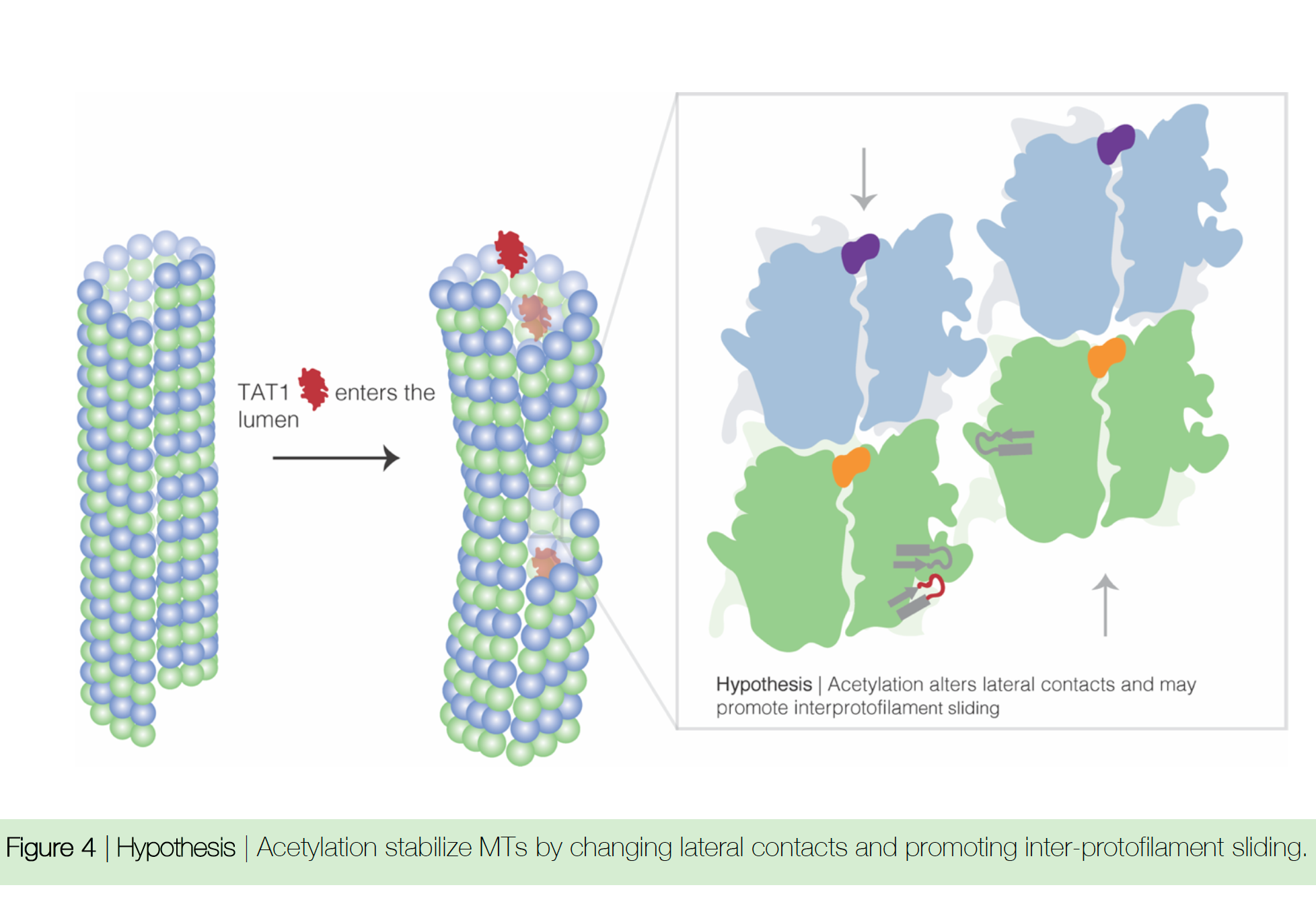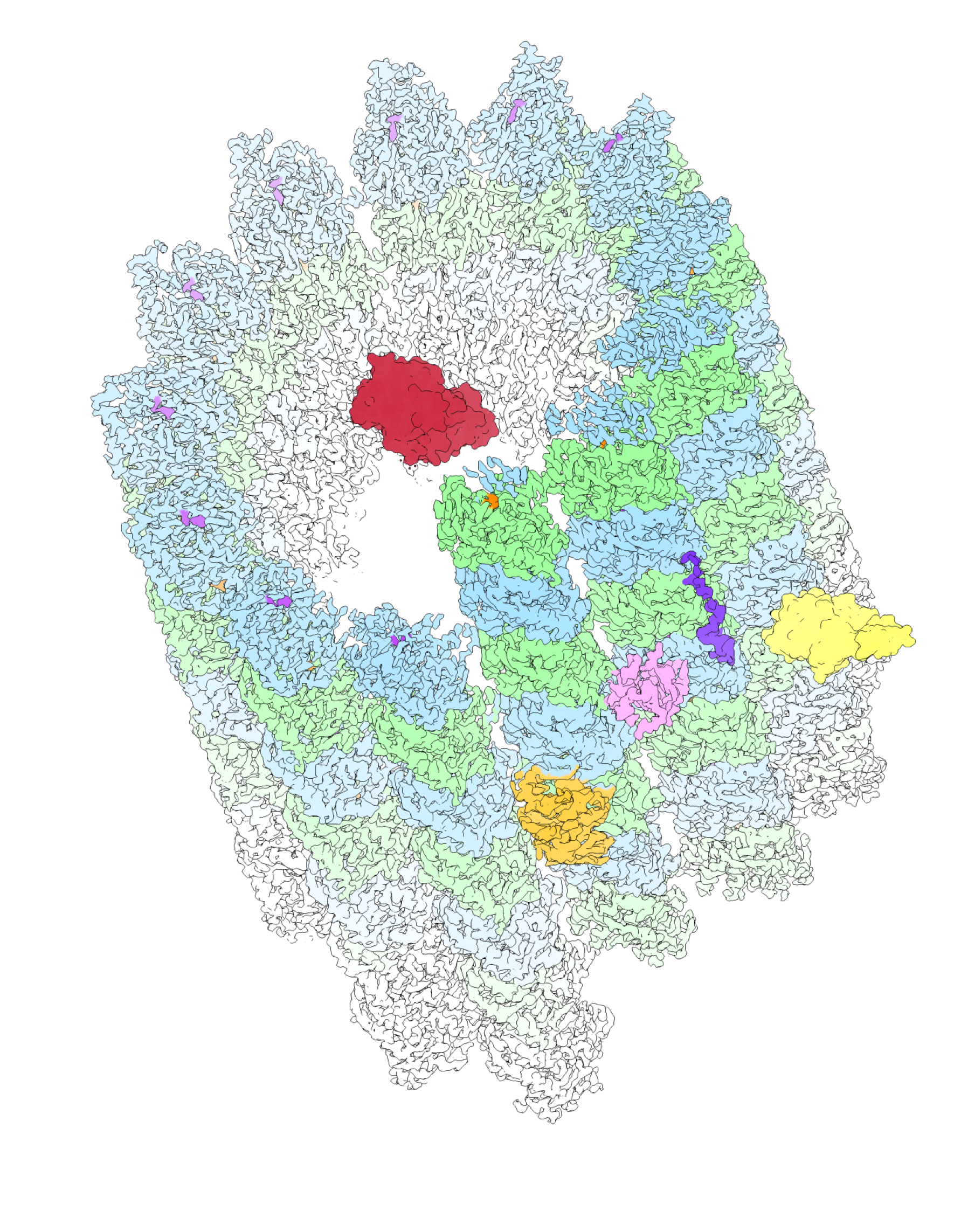When you type in "thesis" into Thesaurus.com, you see that: (1) argument, (2) essay and (3) memoir pop up as it top 3 synonyms.
I'd like to add one more. When I wrote my thesis, I thought of it more as a manifesto, or a public declaration of my scientific hypotheses, paired with pages of evidence that support my ideas for how the world fundamentally works.
The act of writing my scientific manifesto was was daunting to say the least! But I am excited to share 3 tips that helped me crank out a draft in less than 3 months.
- Stand on the shoulder of giants. There will some great examples of theses written by students in your program and/or lab that you can reference! Check out award-winning theses and/or theses that your PhD advisors rave about. Which theses were the most memorable to your advisors and why? Were they engaging to read? Well-written? Did they mirror an excitment and enthusiam the student had for their work? Did they highlight the seeds of impactful, exciting research ideas? Two of my favorites are by Nicole Haloupek and Greg Alushin, two highly successful alumni of my PhD lab. Nicole published a beautiful Science paper on the first structure of the inflammasome and worked as a professional freelance writer for the Society of Neuroscience and the American Cancer Association. Needless to say, her thesis was the perfect inspiration to help me write an engaging, succinct and well-cultivated first draft. Meanwhile, Greg's theses was an artistic masterpiece, indeed. He published multiple impactful works, with his Cell paper, on novel high-resolution states of tubulin, being a major highlight. Excitingly, he thesis read like an homage to beauty of the cytoskeleton, specifially microtubules and the mechanical forces that drive their diverse roles of the cell. Since I was also a microtubule fan, his thesis served as an excellent foundation for my work, especially since his early studies of the microtubules were a huge reason why I could pursue my doctoral questions as well! Here are the links to Nicole's concise, well-written thesis and Greg's engaging, microtubule-filled thesis. Excellent sources of inspiration!
- Work fast and iterate. Okay, so UC Berkeley is a little unique because in order to graduate you only have to submit a written thesis and you DO NOT have to do a defense, or in other words, publicly defend your work in front of a panel of judges. A major PRO of this includes NOT having to coordinate your graduate date around the schedules of other – very busy – PIs. I absolutely loved this about Berkeley - you only have to prove yourself once when you take your Qualifying Exam in your 2nd year and after that graduating is between you and your thesis committee. I got approved to graduate at the end of my third year so for my final year I could focus on publishing, writing my thesis and securing a postdoc - which was amazing! So what does working fast and iterate look like? Well, when your a cryoEM-er like me you learn that when you refine and visualize your data, it needs to undergo multiple iterations: multiple rounds of "guess-timat-ing" the right solution based on a number of variables. So write your first draft, share with advisors you trust and admire, and edit. Lather, rinse, repeat. Don't look back. People always remember and reference the final draft and almost never remember the first draft.
- A picture (figure) is worth 1000 words. Finally, throughout graduate school, I became infatuated with Adobe Illustrator. I loved how much automony is gave me over telling my story, and as a visual learner, a picture can tell me everything I need to know. Soooo, I incorporated descriptive figures as often as I could throughout my thesis. Below is one of my favorite examples: Fig. 4 illustrates the central thesis of my first paper: acetylation has a causative effect on the stability of microtubules. Don't be afraid to let your inner artist shine as you write your manifesto.

Last but not least, I want to add that YOU GOT THIS! Block out at least two weeks to write every day to get your first draft and then write, submit for review, edit and repeat!
Here is the link to my thesis for additional inspo!
Lots of love,
Lisa
P.S. This article is a special edition article for the very special future Dr. Michelle Reid. You got this!

